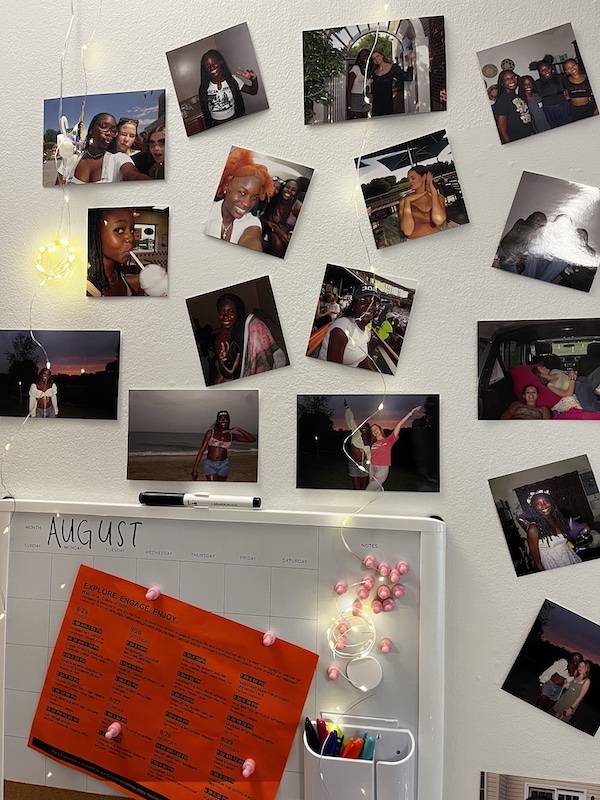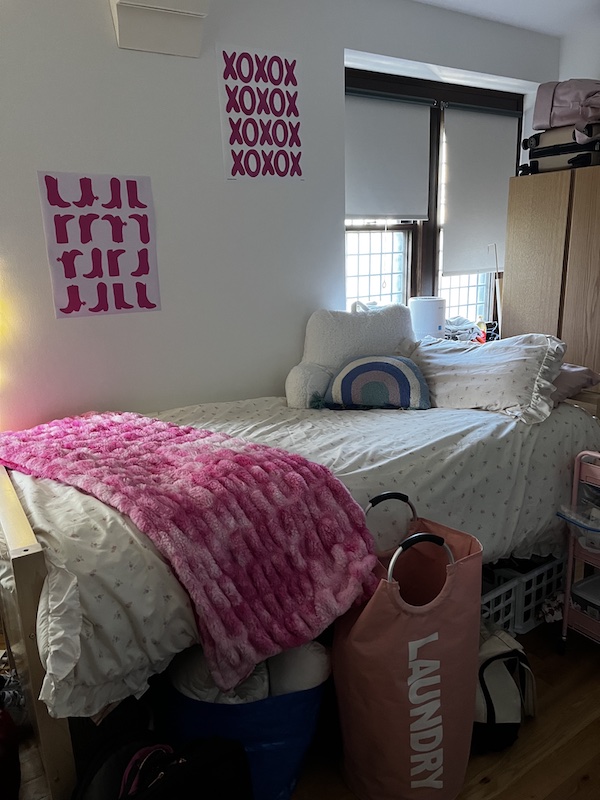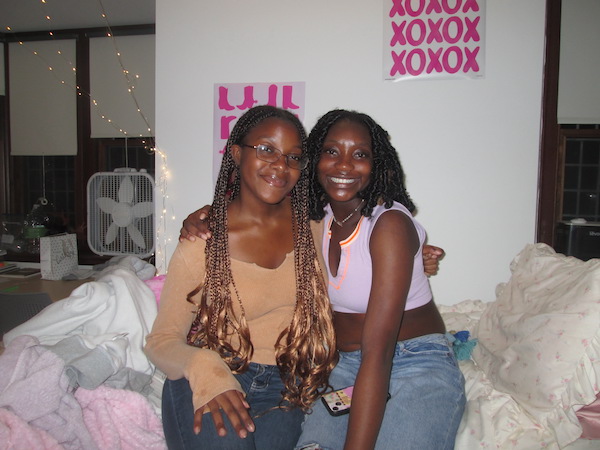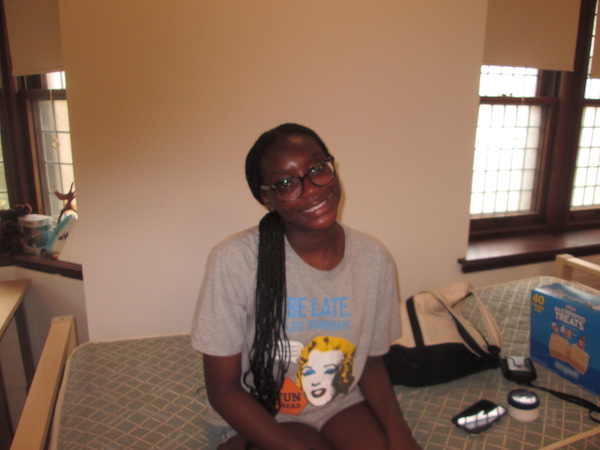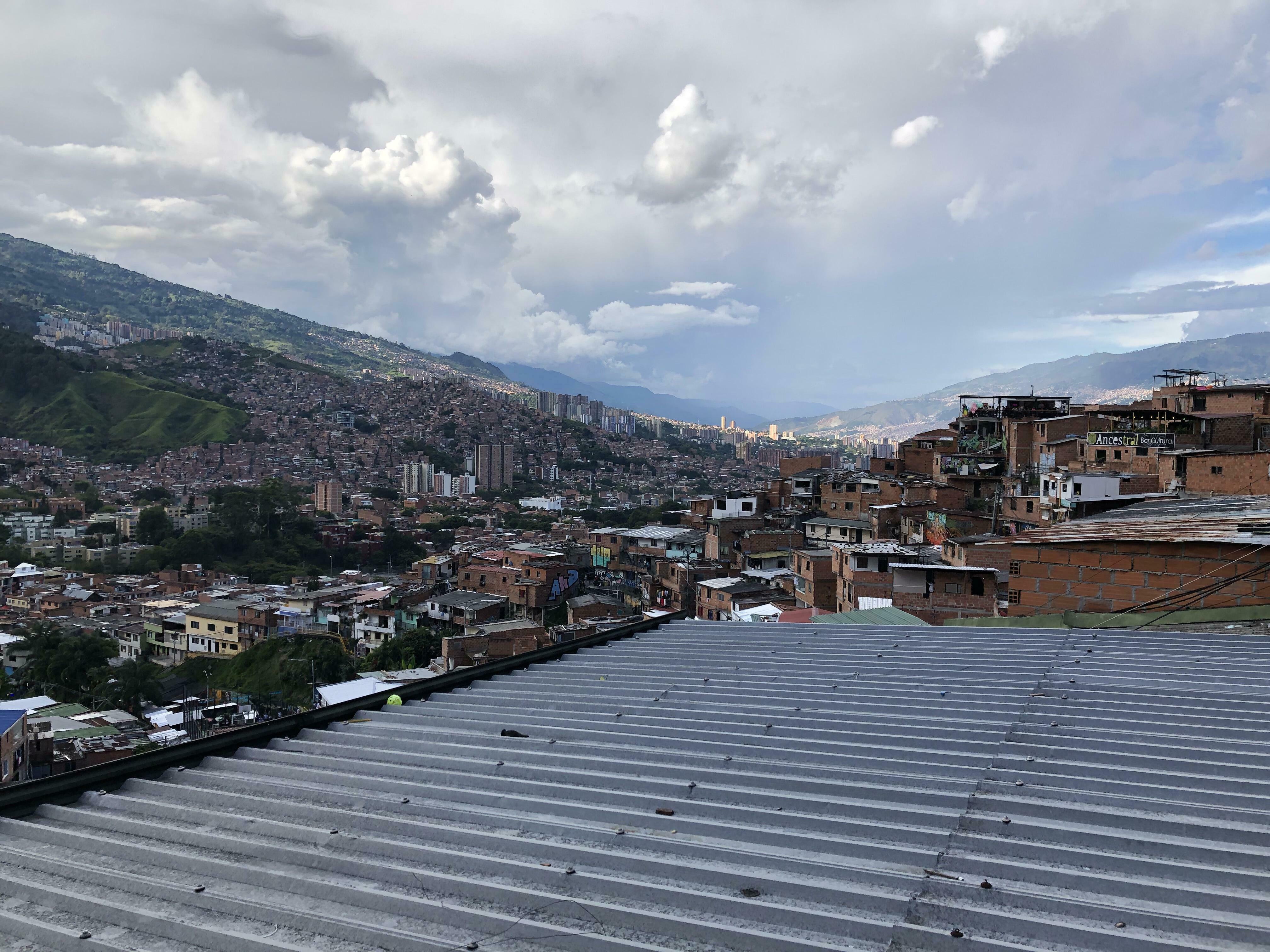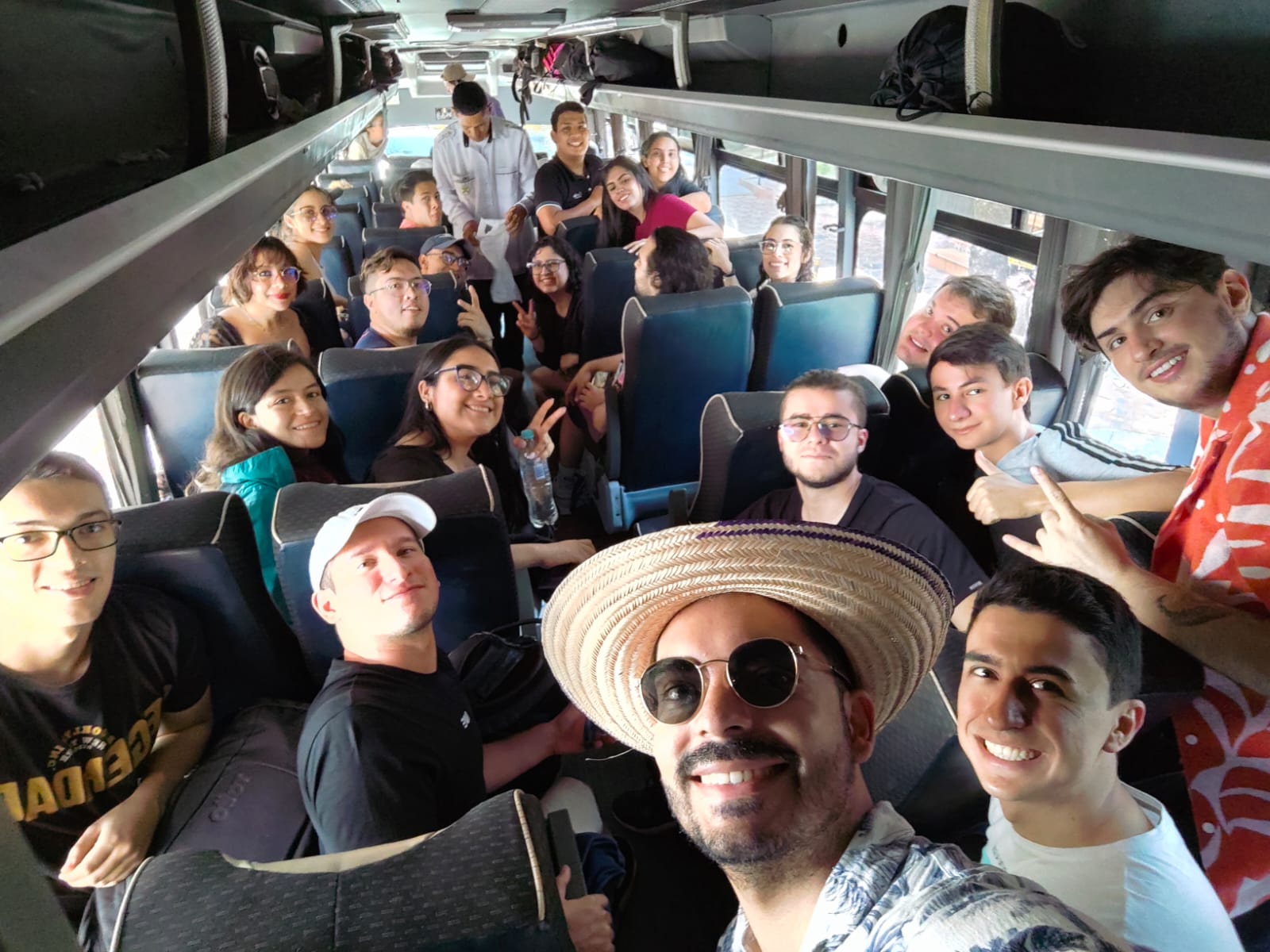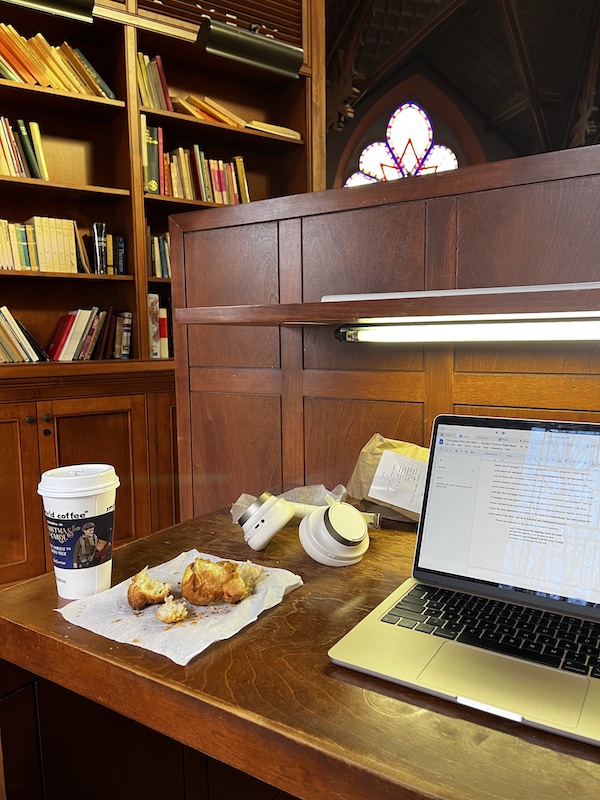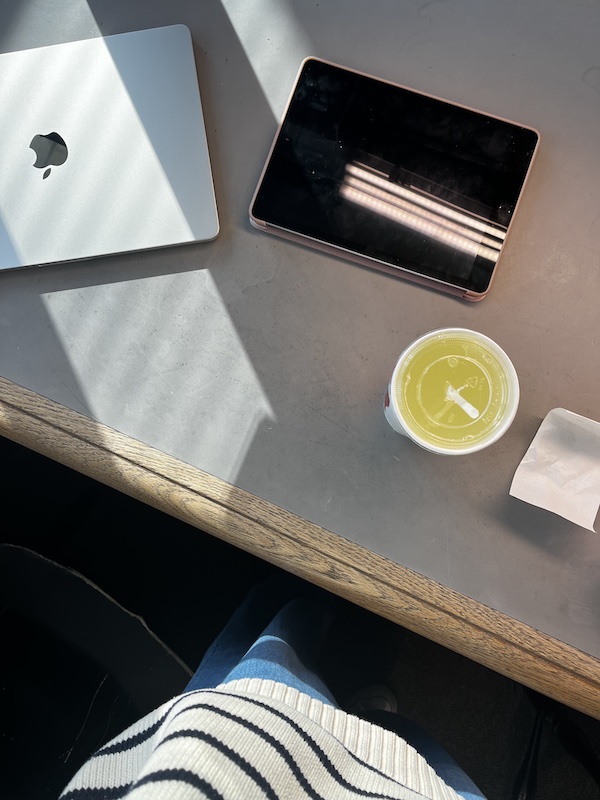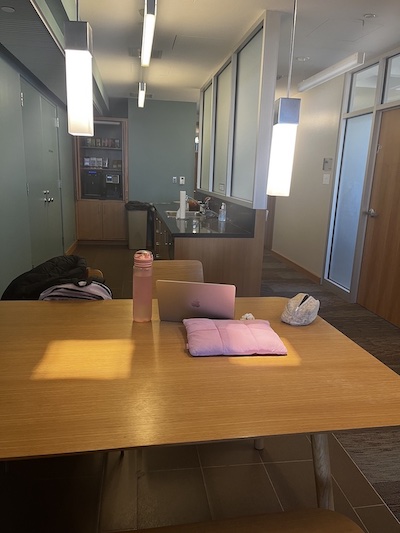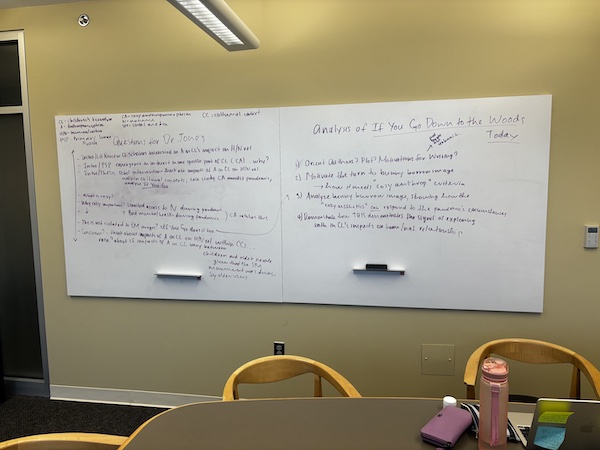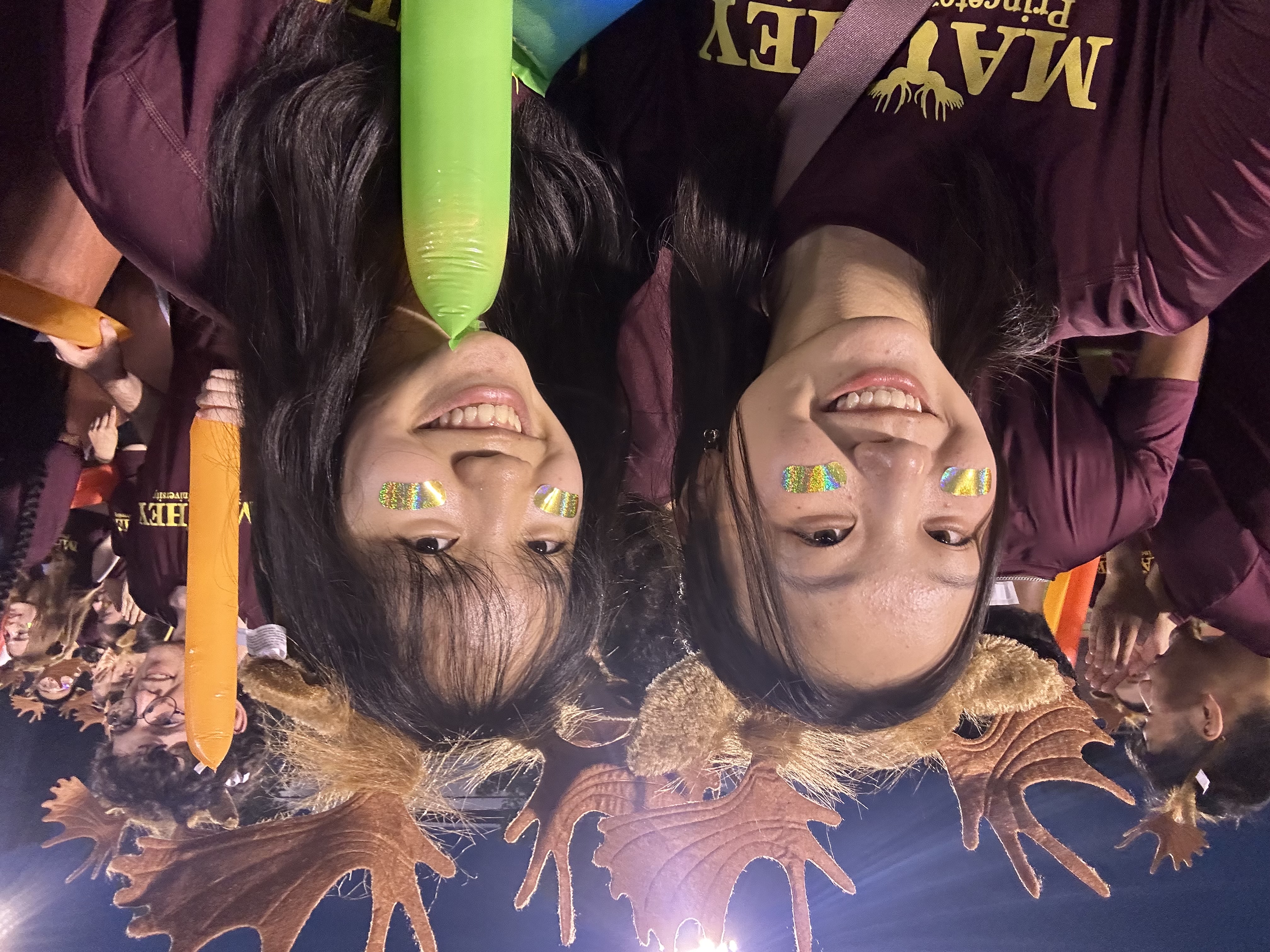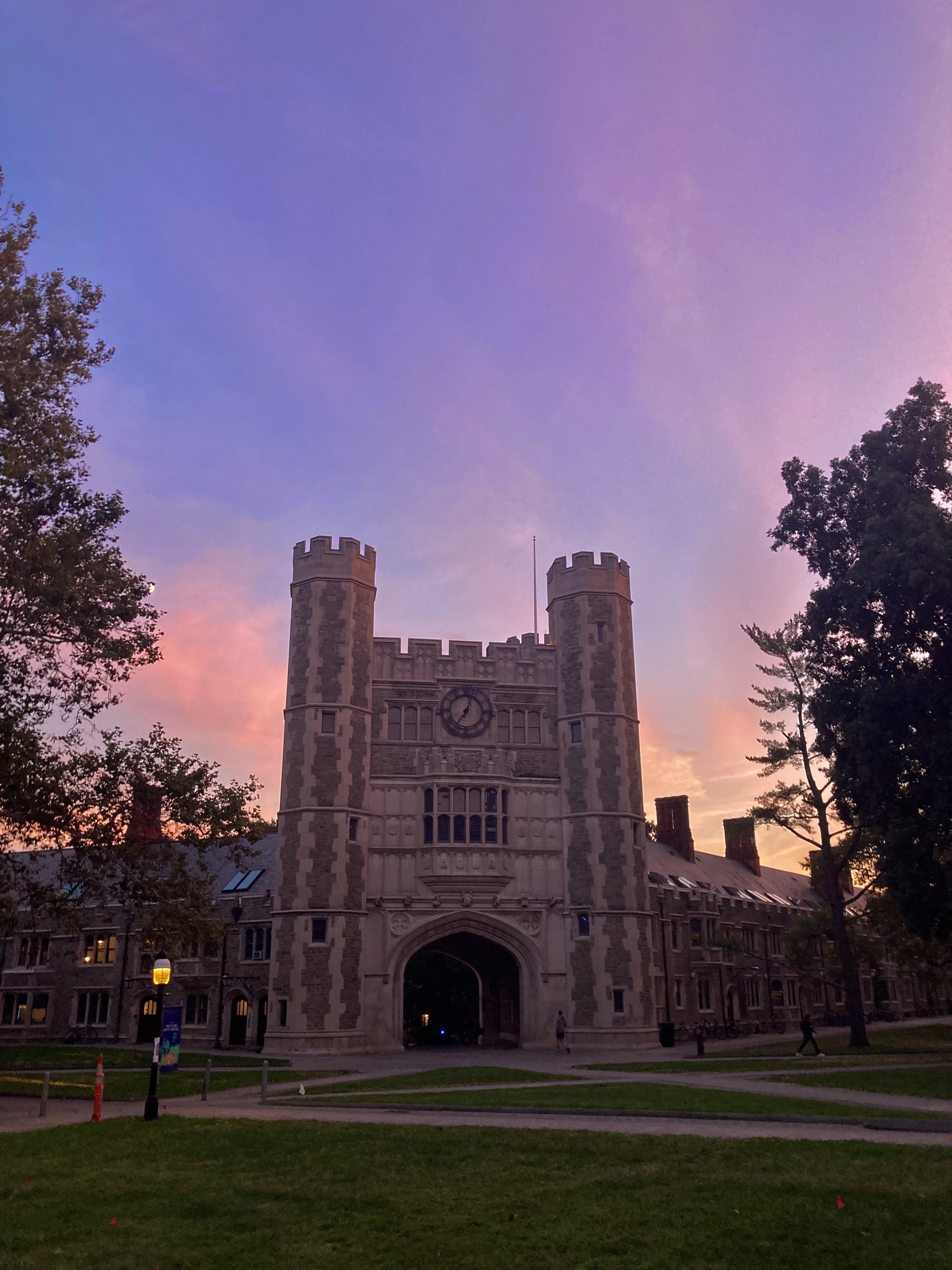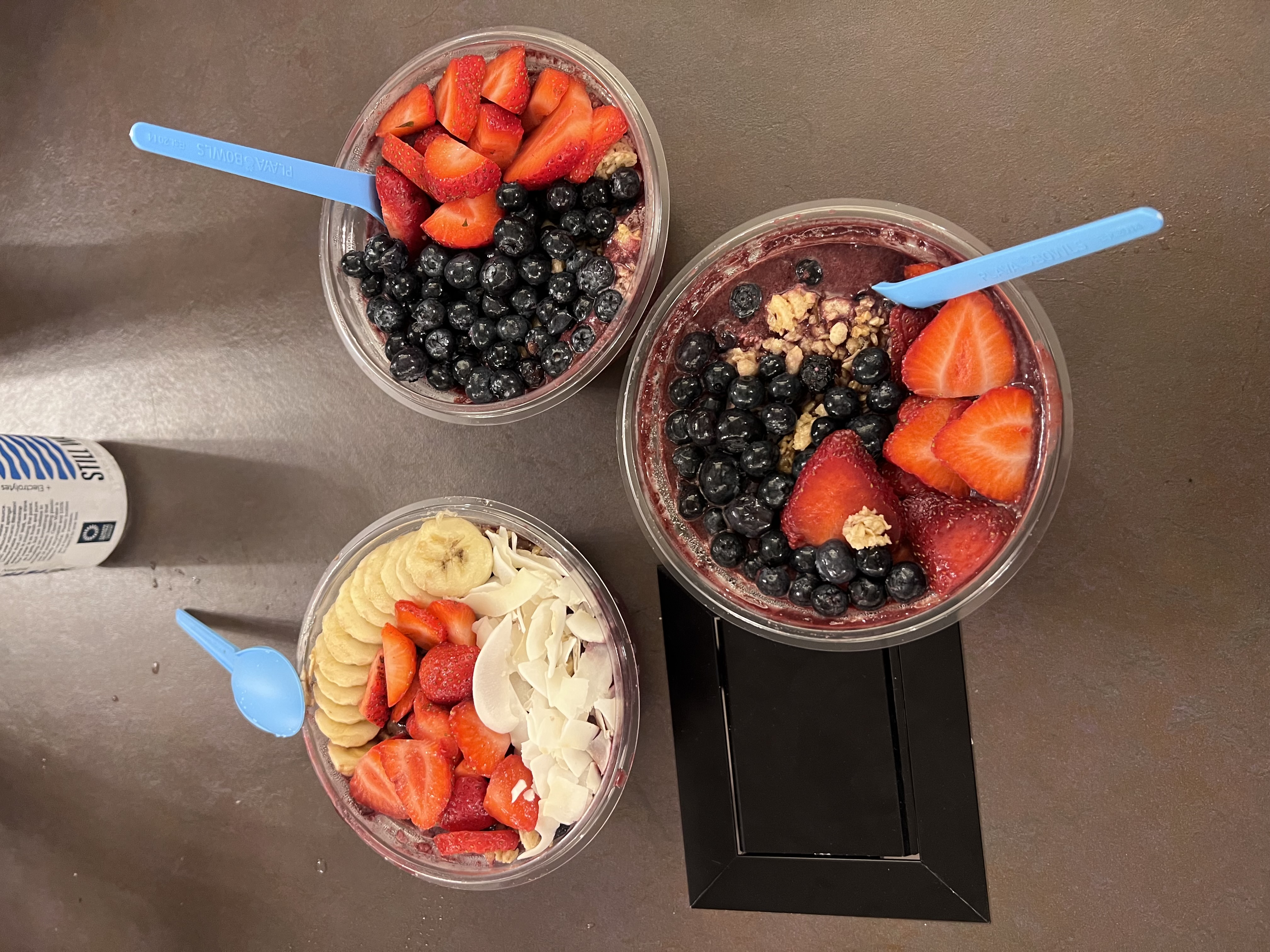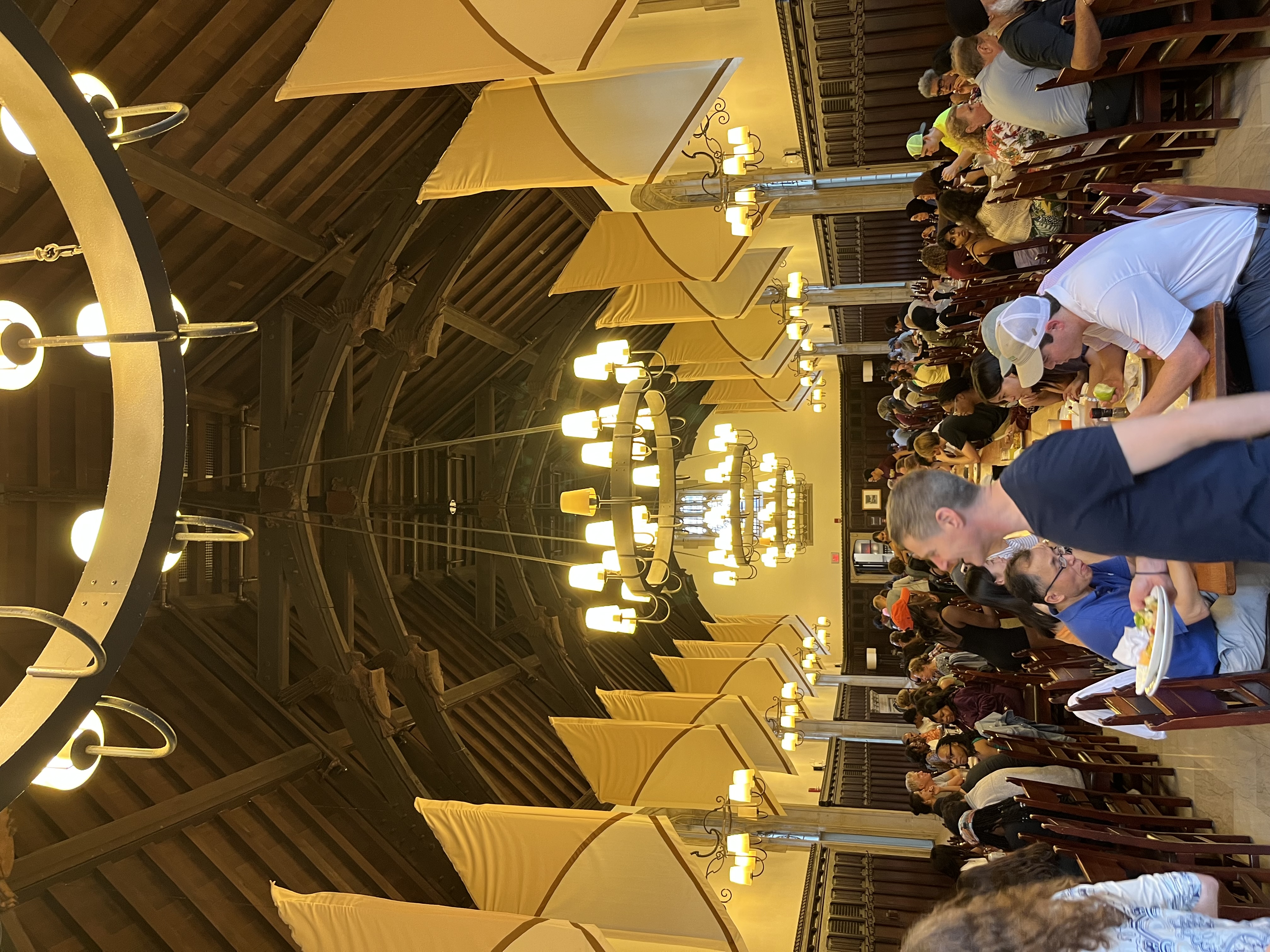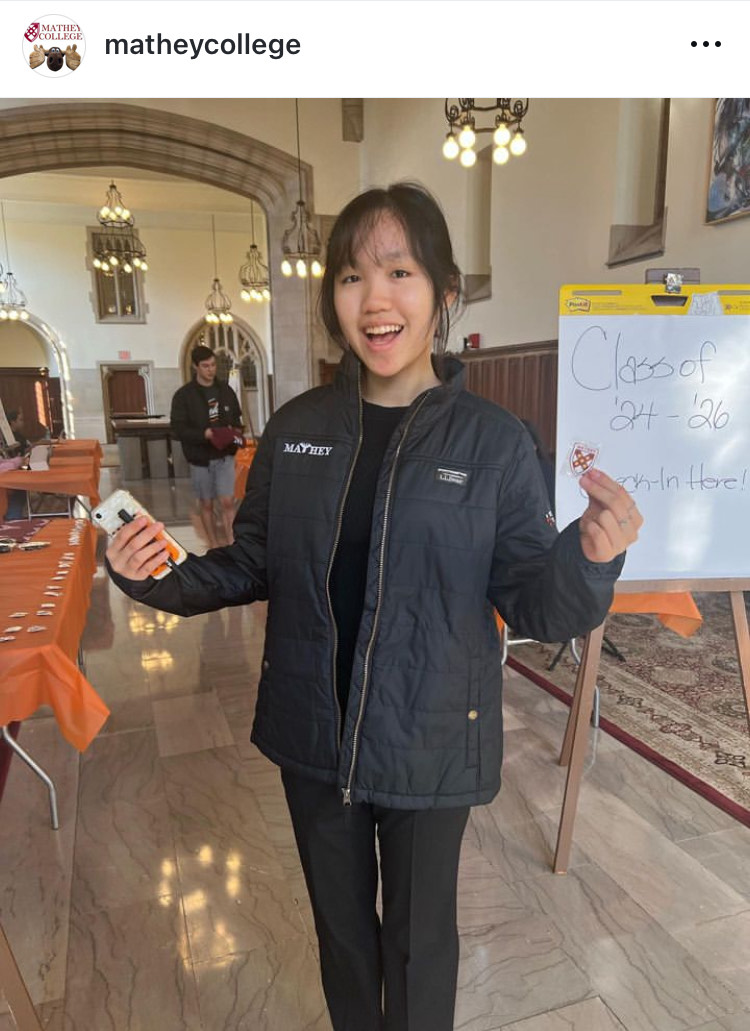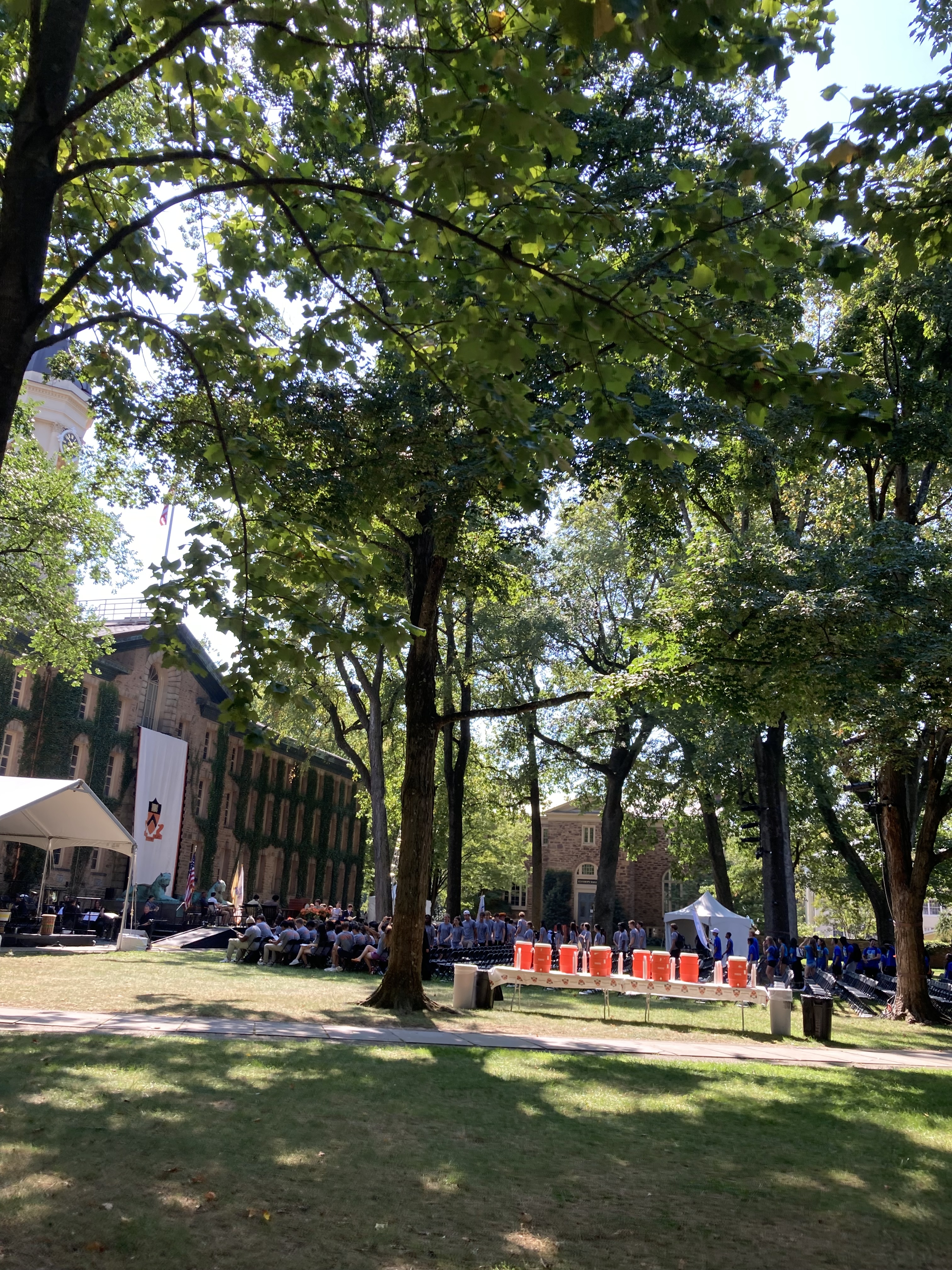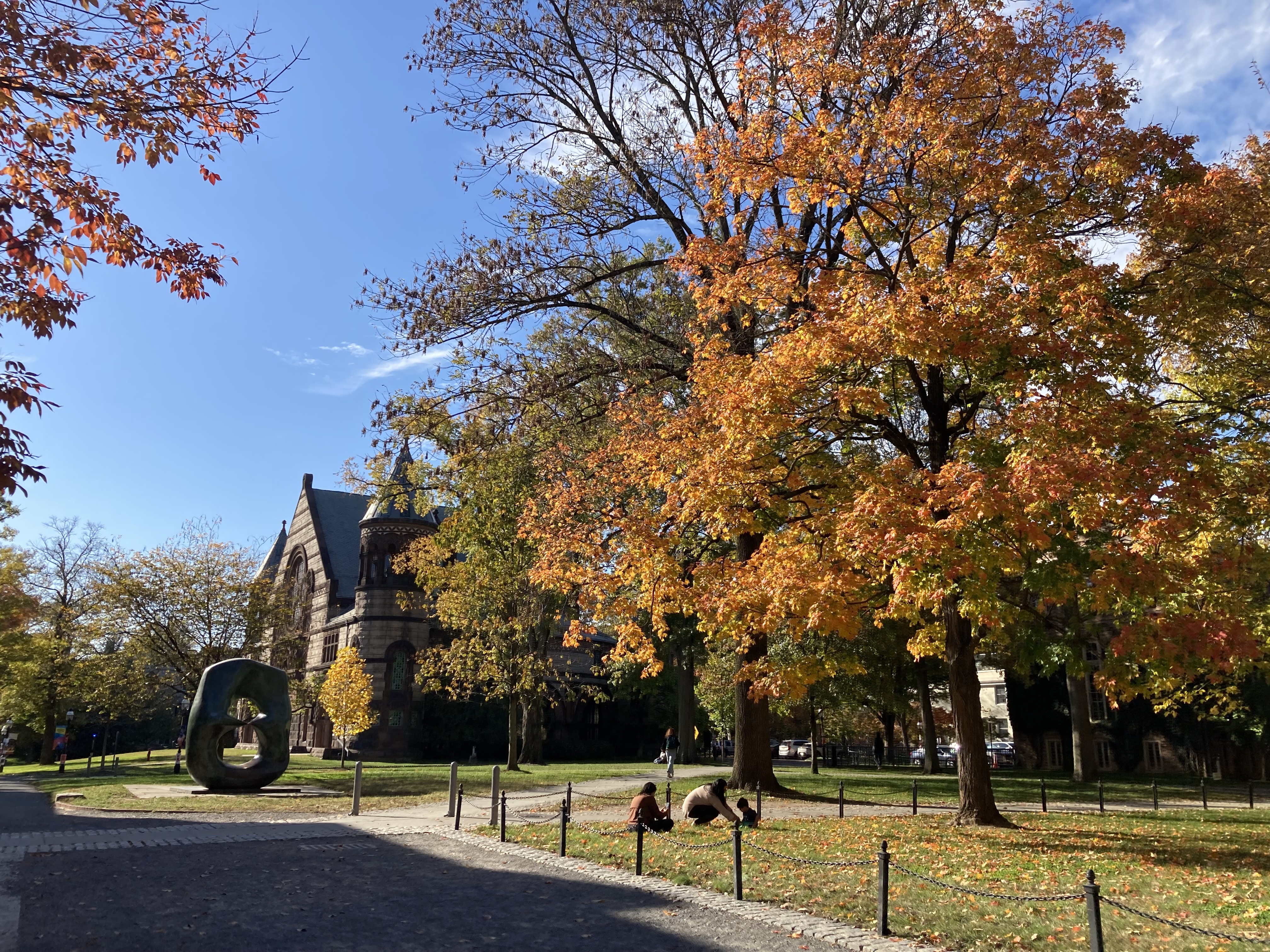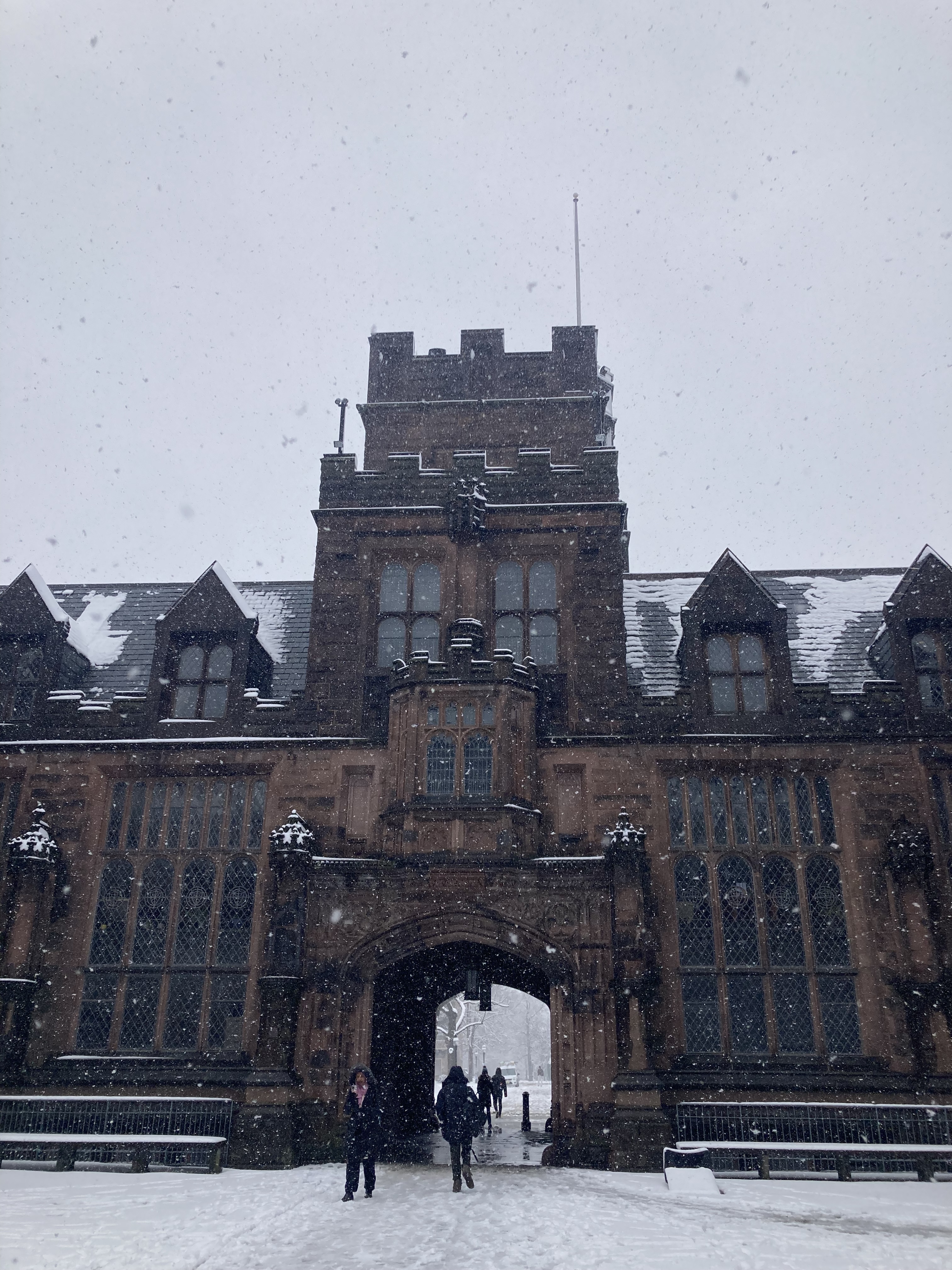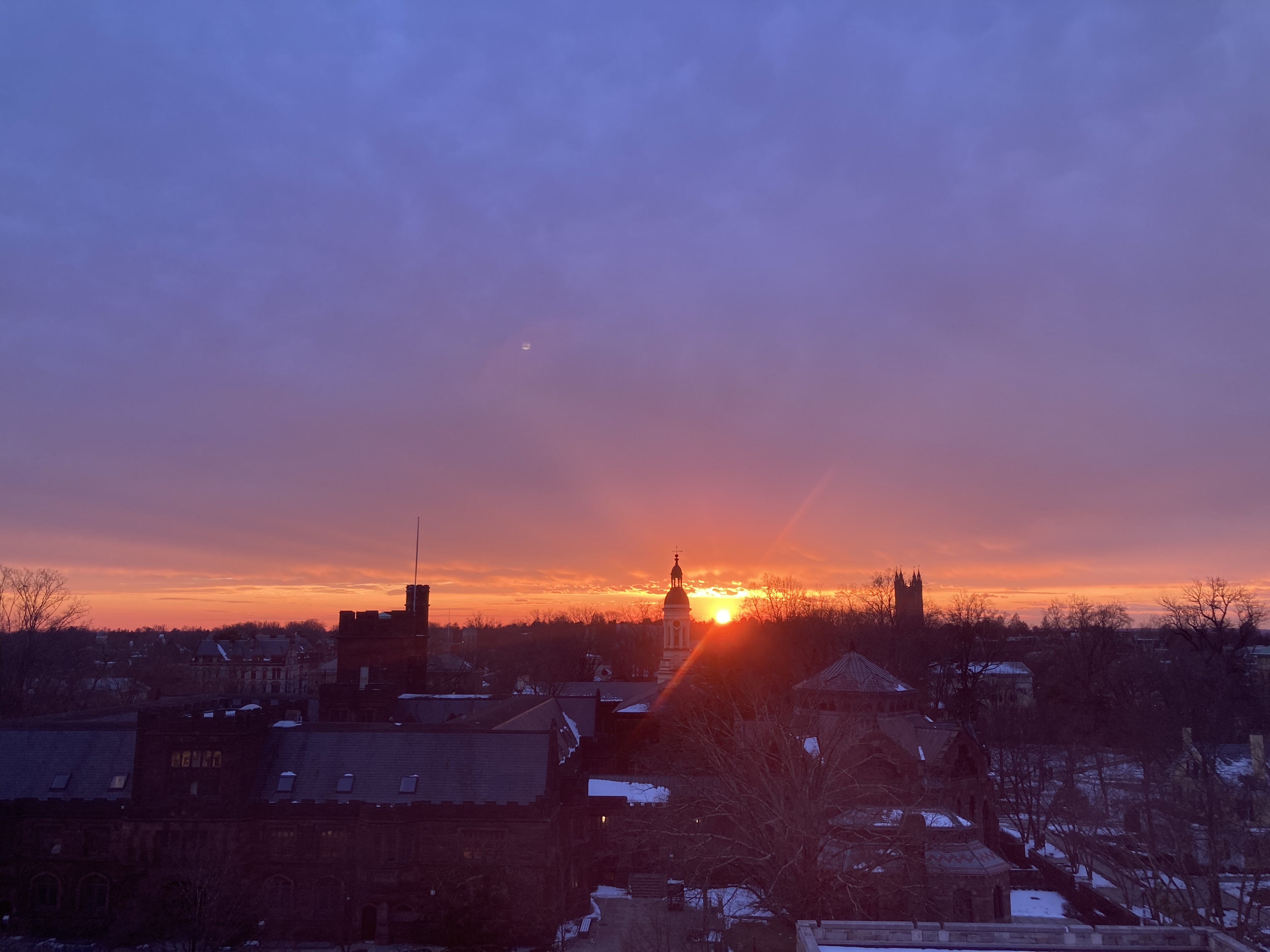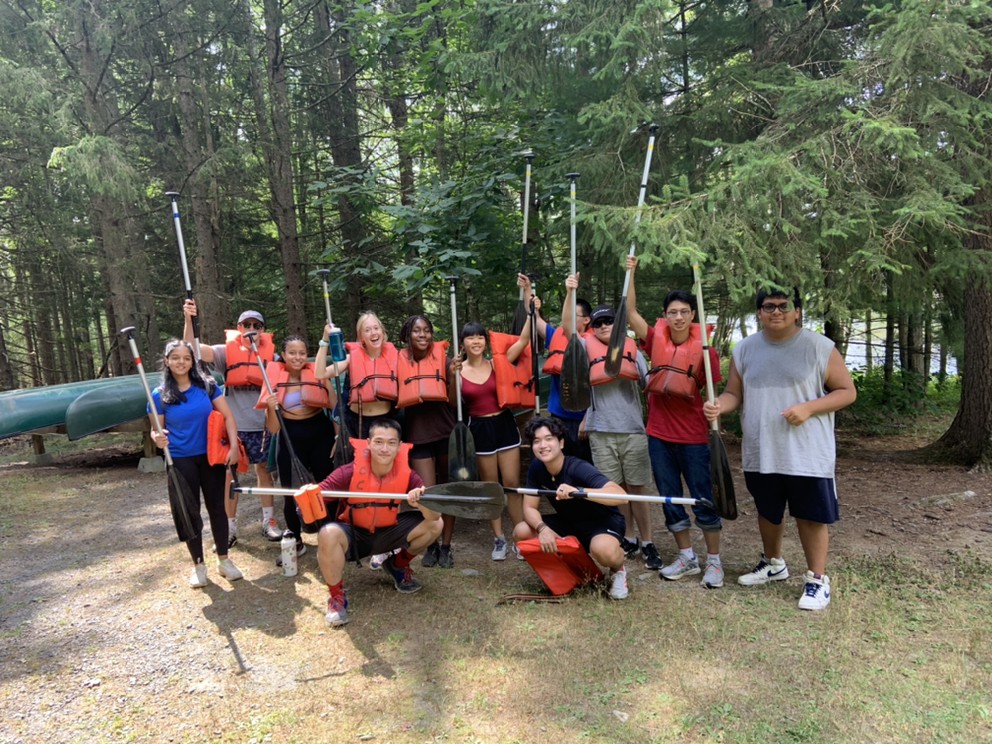If you’re like me, whenever you’re stressed, your go-to comfort drink is bubble tea. The sweet, chewy texture of boba and aromatic, milky tea always hits the spot for me. Incoming tigers, you might be wondering where at Princeton you can find boba – fear not, I’ve got you covered! Here’s a list of five places to get boba at Princeton:
- Junbi
Junbi is a favorite amongst students. It’s located just a few minutes walking away from campus and it’s a great place to work or hang out with friends. Junbi primarily does matcha, with their Madagascar vanilla matcha latte being one of their most popular drinks. They also sell other drinks like lattes, dirty matchas, other milk tea flavors, soft serves, and rice balls. I typically go there to get a lychee oolong and to get a matcha soft serve as some of their matcha drinks are not as strong as I’d like. However, lots of my friends rave about their matcha drinks. Junbi is a must try at least once in your Princeton career!
- Kung Fu Tea
Kung Fu Tea is a chain that you can find all over the East Coast, but the one at Princeton is a popular spot too. KFT is located on Nassau Street, the main street located right outside FitzRandolph Gates, Princeton’s main entrance. They sell a broader variety of milk teas compared to Junbi, such as yogurt teas, slushes, and punches. You can also choose to eat at KFT as they have a wide range of Asian-style dishes to choose from including ramen, pho, and other types of noodles. I don’t come to KFT too often, but do remember getting pho there during a cold winter day and loving the taste of the noodles. KFT is a good option if you are looking for a specific flavor of milk tea.
- FICUS
FICUS is located a bit further down Nassau Street, but is also a popular option for students. FICUS is primarily a restaurant with a “boba tea bar,” so the boba is a bit more elevated compared to Junbi and Kung Fu Tea. It’s still a popular spot to study and hang out, a bit more away from the hustle and bustle of main Nassau Street. I’ve tried their Thai Tea, and quite liked it, so I recommend visiting FICUS for its vibes and more upscale boba drinking experience.
- MTea
MTea is a recent addition to the bubble tea scene at Princeton, and is located only a few shops down from Kung Fu Tea. If you’ve tried boba in Asia, this is the store that’s going to be the most similar to that experience. Their teas range from fresh fruit teas, creme brulee teas and classics like brown sugar milk tea. Their teas are a bit more on the expensive side, but if you’re looking for high quality teas, this is the place for you. They also sell desserts like cakes and mochis, and dishes like sushi and poke bowls. The inside is a bit small, but very comfortable for a one-on-one catch up conversation. I’ve really enjoyed their grape tea in the past.
- Fruity Yogurt
A more unconventional entry into this list, Fruity Yogurt primarily sells frozen yogurt, or froyo. They do sell bubble tea, along with juices, smoothies and milkshakes. While I’ve never been to fruity yogurt for their bubble tea, (I quite like their froyo!) some flavors that my friends have gotten include taro, thai milk tea, and coconut milk tea. If you’re ever tired of the other boba shops around campus, this could be a great place to switch it up.
If you’re scared of burning too much cash, also fear not! Clubs at Princeton often hold events where they give out free boba. There’s been a week where I’ve been able to get three free drinks from three different events. Also, all freshmen get $150 of credit to spend at certain shops off-campus. As of now, you can use these credits at Junbi to buy however many drinks you want. I hope that you get to try some of the places that I’ve listed in the article – don’t be chai, I promise you they’re all tea-licious!







